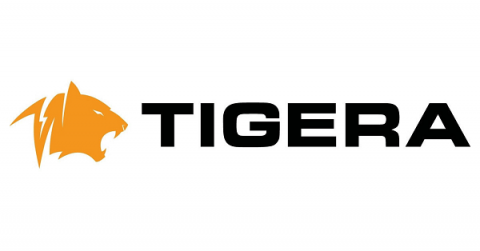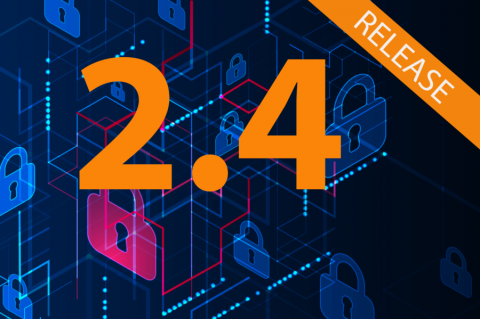Running Istio on Kubernetes in Production. Part I.
What is Istio? Istio is a service mesh technology adding an abstraction layer to the network. It intercepts all or part of the traffic in a k8s cluster and executes a set of operations on it. Which operations are supported? For example, setting up smart routing or implementing a circuit breaker approach, setting up “canary deployment”. Moreover, Istio makes possible imposing a limit on external interactions and controlling all routes between the cluster and an external network.




